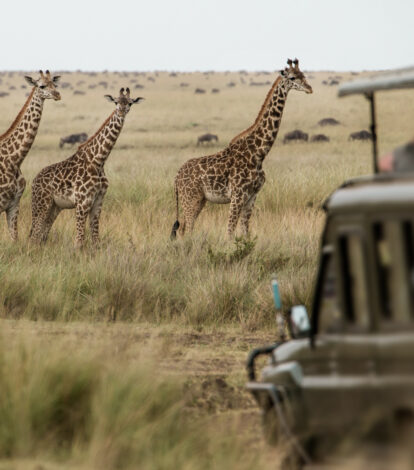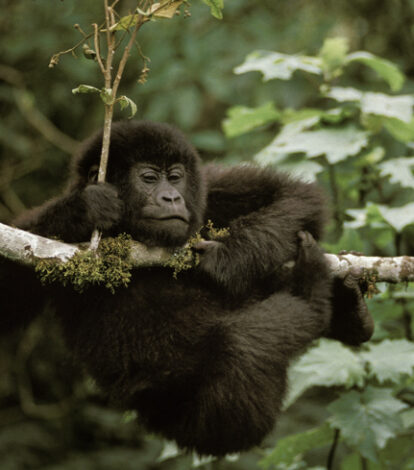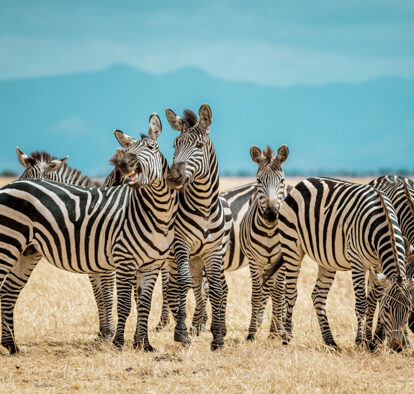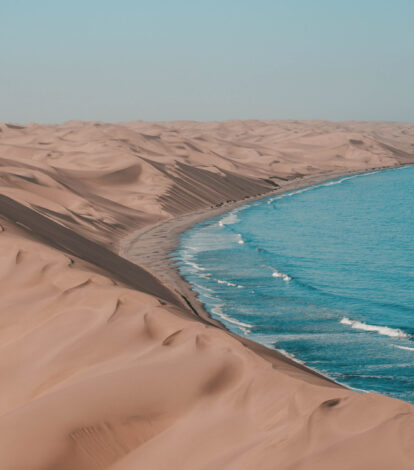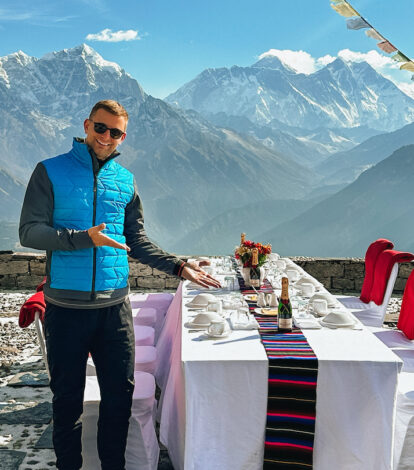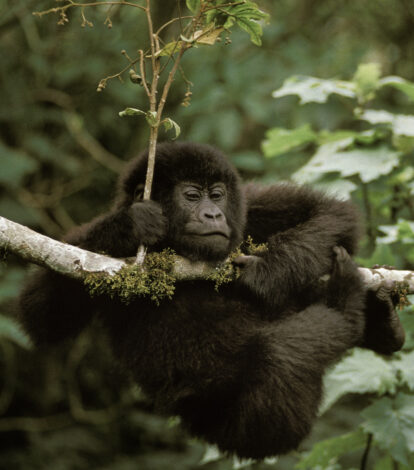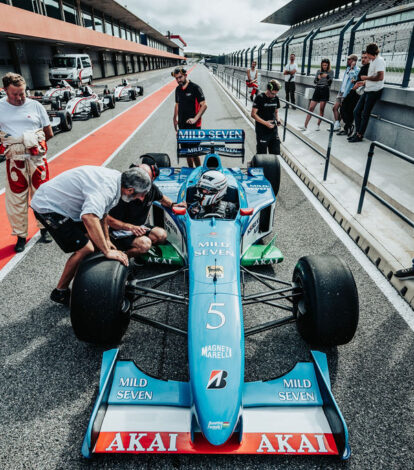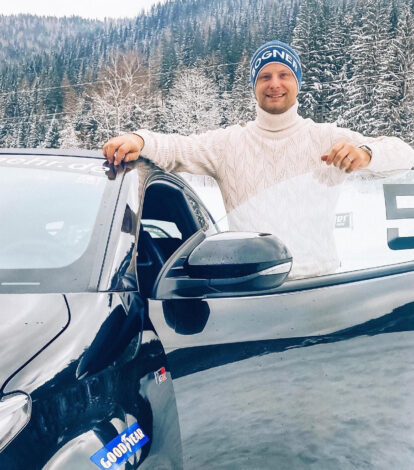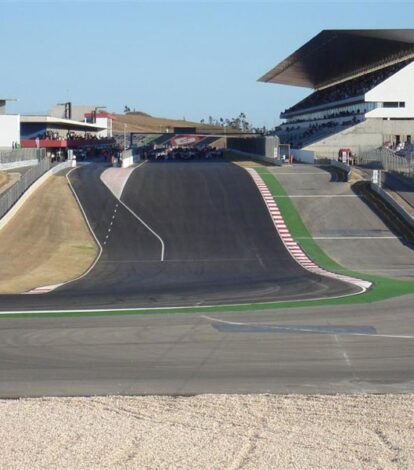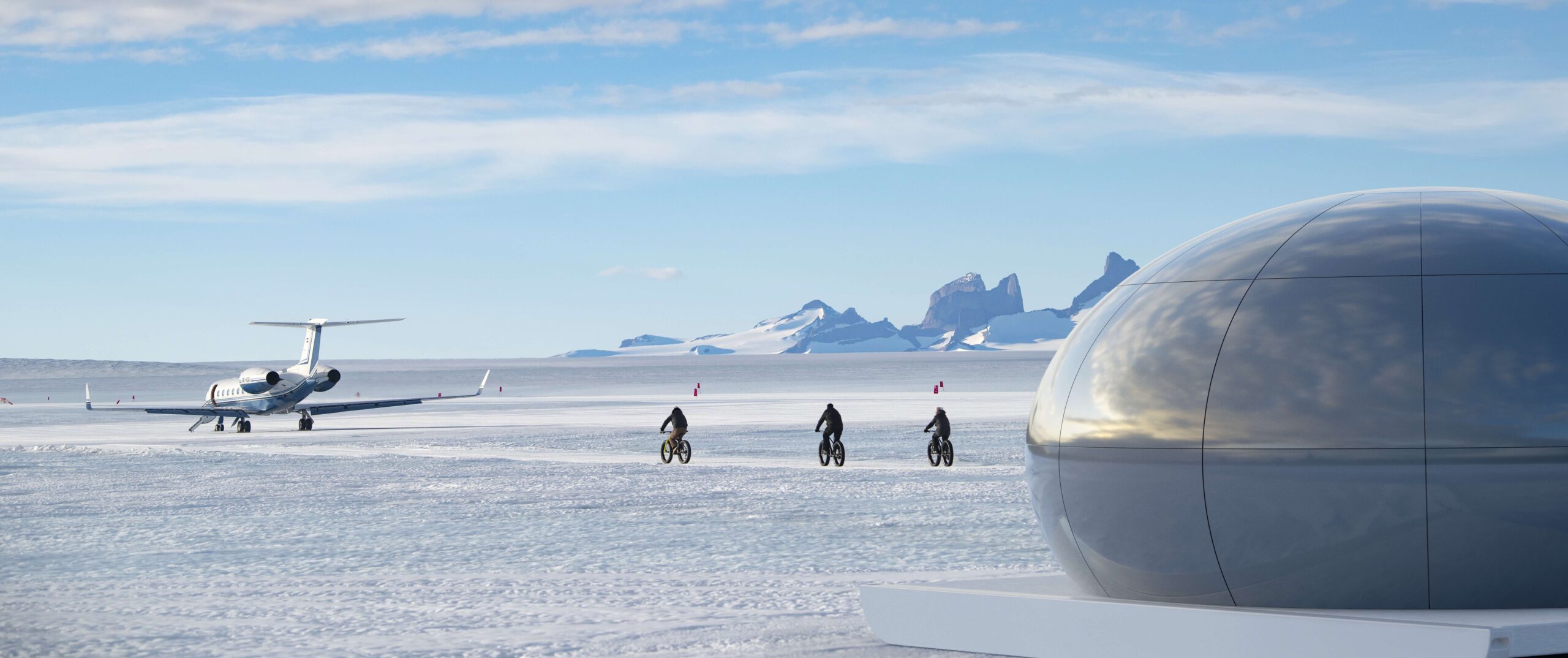Lions, elephants, 5am alarm calls …where did you experience an African safari?
Oh, you didn’t go on a safari yet? Africa’s wilderness is disappearing. Wild animal populations are decreasing. Will you go on safari before it’s all gone?
Of course, an African safari is difficult to imagine. It’s not the same as a city break or family beach holiday?
What animals will you see? Is an African safari camp comfortable? Will you be trampled by elephants?
We know you have many more questions for this type of holiday and we’re here to answer them individually. As an overall introduction, this is what 24 hours on an Africa safari will look like.
Do You Have Questions About Safari?
A 5am Alarm Call!

What’s that sound? Yes, your guide is waking you up at 5am! Sure, he’s brought coffee and croissants but this is supposed to be a holiday!
What’s that other sound? Oh, it’s a herd of elephants near the camp!
Good safari camps are as comfortable as good city hotels, but they’re designed to maximise your connection with the wild.
The Morning Game Drive

Early morning starts are normal on safari because wildlife is most active in the cool morning hours. The best animal encounters are usually in the two to three hours after dawn, especially of the big cats.
A morning game drive is an adventure in search of rare and unique sights. Wrap up warm, watch the savannah come to life, be guided by the natural world.
We always recommend upgrading so you have a private vehicle for your group. This means the guide will tailor the drive to what you want to see. Like a cheetah. Or stopping by a lake to drink another coffee next to some hippos.
Second Breakfast & Downtime
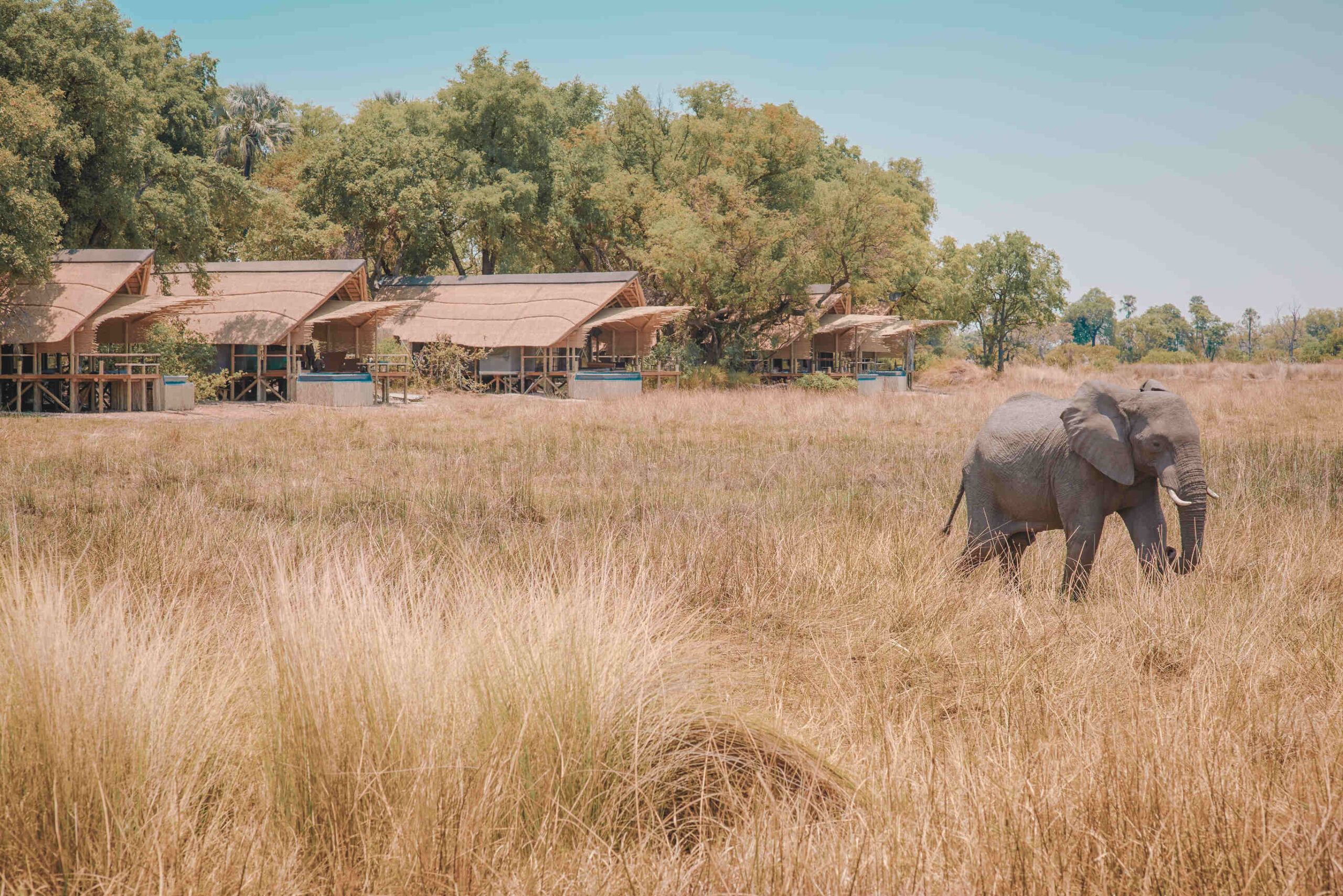
By mid morning it’s getting hot. Animals are retreating to the shadows. It’s time for you to feast on a second breakfast, relax on your verandah and lounge by the pool. Safari camps offer a level of space and privacy beyond almost anywhere else in the world.
Now is also time for grazers to be out grazing. You will see herds from the camp – zebra, gazelle, kudu, buffalo, an antelope you’ve never heard of before.
If you have a two-stop safari, this is when you’ll do the transfer, probably by light aircraft.
Siesta or An Optional Activity
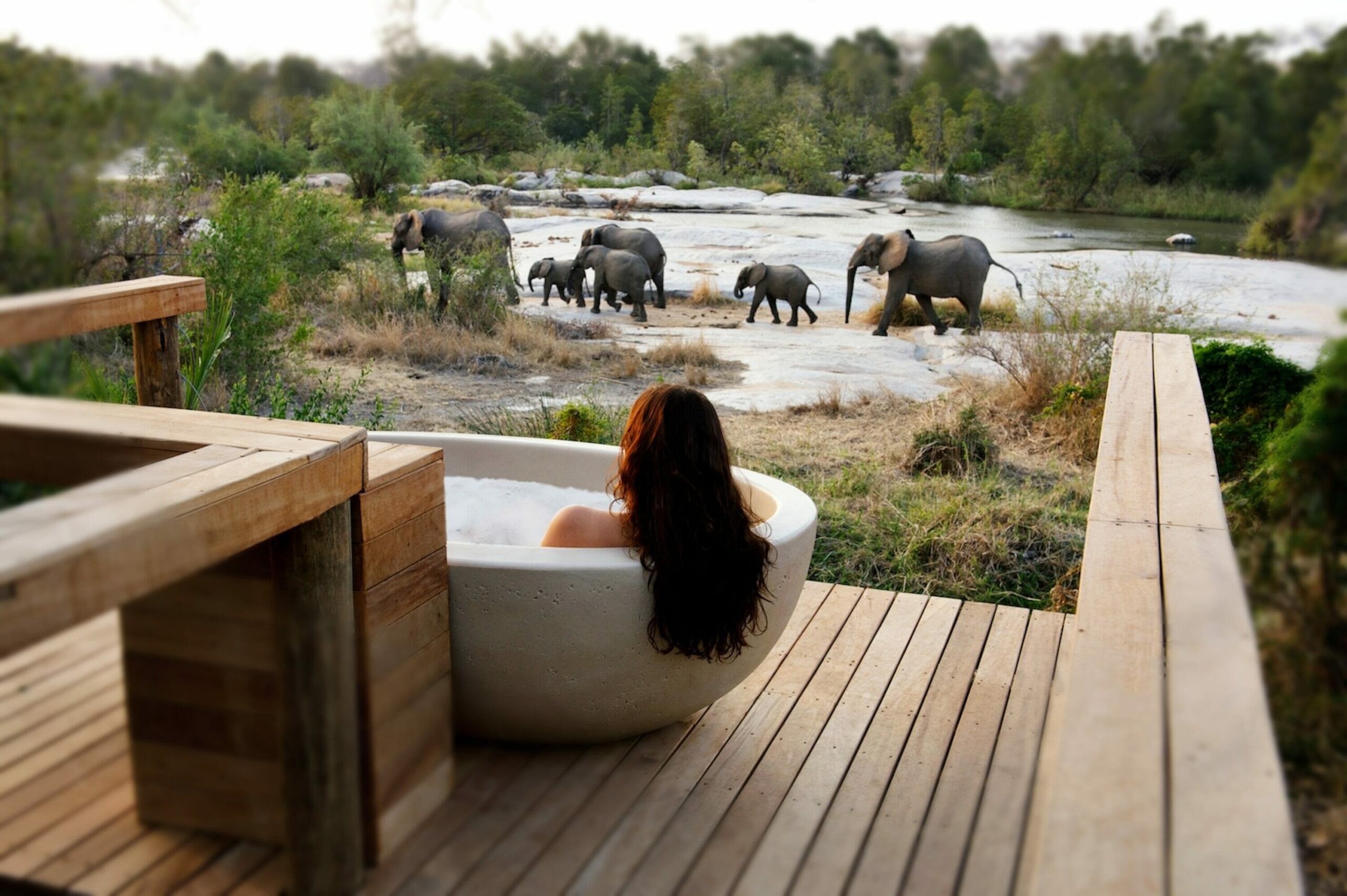
It’s midday and now it’s really hot. Most people on safari take a siesta now.
Or you can do an optional activity, such as a game walk, cycle or horseback ride. These “adventure” activities are safest when large and dangerous animals are dozing.
Your guides have lived alongside these animals their entire lives. They’ll keep you safe.
Afternoon Safari Activity

Mid to late afternoon brings another safari activity, typically a game drive. You explore new areas, in search of animals you haven’t seen, and probably stop at a beautiful viewpoint for sundowners.
This is the wild and there are no roads. The drives can be a little dusty and bumpy. It’s not like a transfer in an air-conditioned Mercedes S-Class! But it’s not uncomfortable.
Back at the Camp

Take a warm shower. Have some me time. Enjoy the amenities.
Safari doesn’t stop after dark. You’re back at the camp, sitting around a fire, sharing stories with your guide. Animals are all around you. You hear them. You see them at the floodlit waterhole below.
Dinner is big when you’re on safari. You eat well and go to bed early. You sleep to the sounds of the wild.
A 5am Alarm Call

On a first safari day you see famous sights and tick them off your list. By the fourth day you realise it’s impossible to see everything.
Because what you experience will be different to what everyone else has experienced before. Safari has no exact program. It’s comfortable. It’s wild. What you see might not even exist a generation from now.
Here’s the 5am alarm call. Are you ready to go again? Of course you are.
So…where will you go on safari this year? Botswana? Rwanda? Tanzania? Somewhere else?
